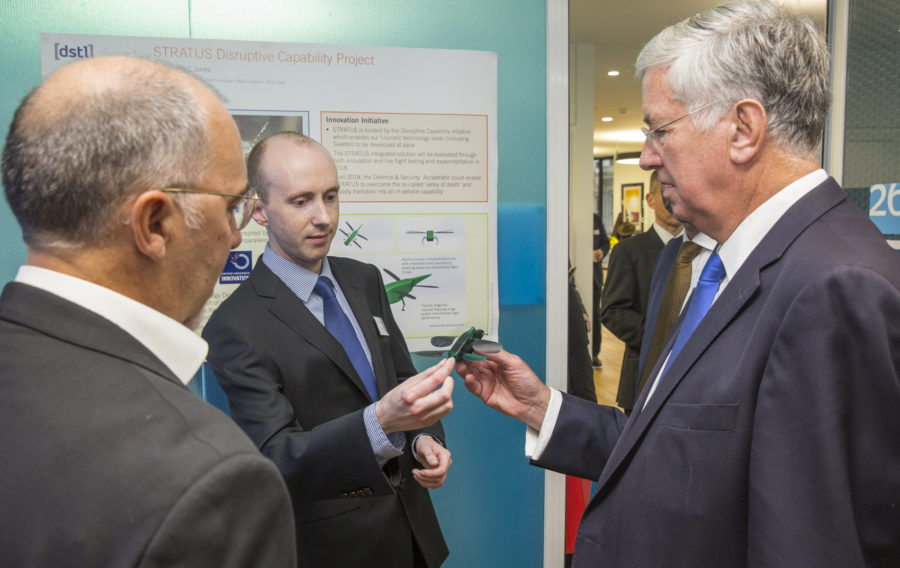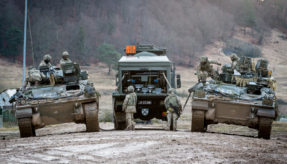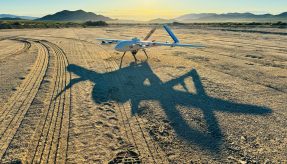
The Ministry of Defence spends around £20 billion a year on a wide range of defence equipment and services and is UK industry’s single largest customer.
In a new publication, The Essential MOD Guide to Defence Procurement, you can gain invaluable insight into the defence supply chain, trends and spends.
The guide contains a comprehensive directory of:
- Trade Associations
- Agencies and Other MOD Teams and Organisations
- Commands and Centre Teams
- DE&S Operating Centres
- Prime Contractors
- MOD Key Supplier Contacts
- Industry Contacts
Our first extract from this informative publication is from Stuart Young, Head of the Centre for Defence Acquisition, at Cranfield Defence and Security, where he reviews procurement trends of the last year and explores those he expects in the future.
From a procurement and acquisition viewpoint, the big event of late was the publication of the Strategic Defence and Security Review 2015. Although many of the headlines had been well trailed beforehand, it was generally well received at the time of publication and contained some interesting procurement implications.
Meanwhile, it has been a year of consolidation as the Levene and Gray reforms are further embedded, frontline commands continue to develop their ability to manage capability and DE&S embraces its aims of managing the relationship with industry to deliver best value for money.
Interestingly, whereas in the past it was defence research and technology that led innovation and was transferred into wider commercial uses (the internet, LCDs and microwaves being classic examples) today it is becoming more likely that commercial developments are subsequently identified to have military applications.
Using our crystal ball, we have identified four technologies that have this disruptive capability, are already starting to create an impact in the commercial world and could have an equally big impact on the way the military does business: Drones, 3D printing, Virtual Reality, Artificial intelligence and Big Data.”
The Essential MOD Guide to Defence Procurement 2017 will help buyers and suppliers navigate through the many changes and opportunities that will present themselves not just in 2017, but also beyond that time.
Purchase the guide this week for a 10% saving.









